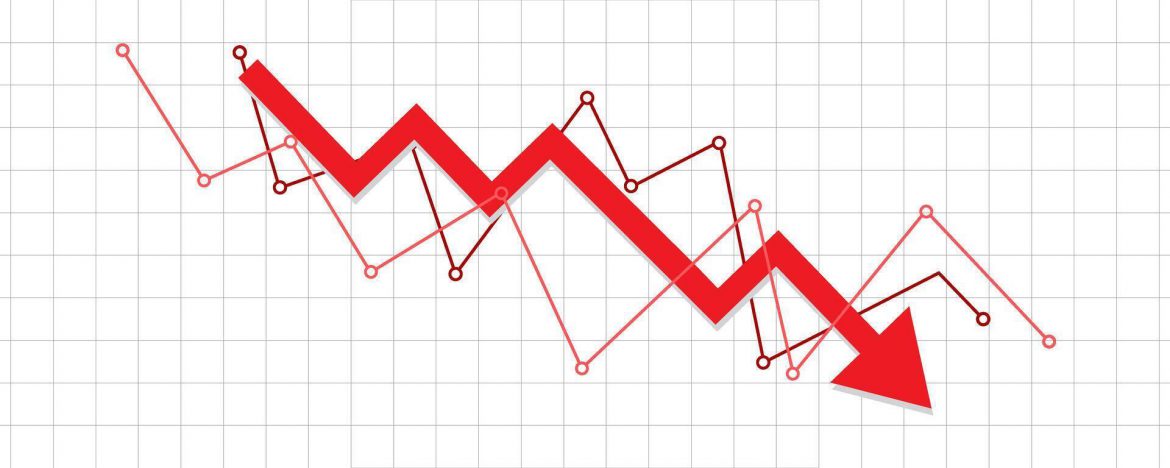By Andranik Aboyan
There is a kind of silence that only statistics can produce. It hums beneath parliamentary hearings, slides between graphs, and settles into the space where real speech might once have dwelled. Last week, Finance Minister Vahe Hovhannisyan stood before Armenia’s National Assembly and presented a figure that ought to have felt like a blow: unemployment has risen to 13.9 percent. But it landed not with outrage, not with urgency, but with the dry rustle of a page being turned.
One might imagine the unemployed walking in circles around Republic Square, pacing the outlines of economic growth that cannot see them. The government reports a 5.9 percent increase in GDP, as though this numerical ascension is self-justifying. But for whom does the economy grow? The question is not rhetorical it is merely one the state has forgotten how to ask.
To listen to Prime Minister Pashinyan’s account is to witness a kind of alchemy: salaries up 75 percent since 2018, consumer prices up 25 percent, ergo, people “live 50 percent better.” But only someone who has never stood in line for bread, or negotiated rent with a pocket calculator, could think life is measured in ratios. There is no index for dignity. Inflation eats in silence. It is not the price of cheese that wounds, but the narrowing of choice, the quiet humiliation of asking your children to wait another week.
If Armenia’s growth had a face, it would be wearing a customs badge. The engine of our miracle such as it is runs not on invention or labor, but on the transshipment of goods denied to others. Re-export: a polite term for parasitism with paperwork. Western sanctions on Russia birthed a temporary tide, lifting a few well-moored boats. But a tide is not a foundation. And a nation is not an algorithm.
To speak of poverty reduction in percentage points from 26.4 to 23.7 is to pretend the world ends at the edge of the spreadsheet. But numbers do not feel cold. They do not feel shame. People do. And if the poverty rate fell, the poor themselves may not have noticed. The old trick: when you can’t fix reality, rename it.
Of course, no one denies the figures are real. That is precisely the problem. They are too real more real than the lives they are meant to reflect. In this, Civil Contract has mastered a uniquely modern governance: one where prosperity is always just visible enough to distract, but never near enough to grasp. It is a government of gleaming surfaces and hollow cores not malevolent, perhaps, but indifferent in the way only technocracy can be.
In better days, a government might have been judged by the well-being of its weakest — the shoemaker in Gyumri, the nurse in Hrazdan, the pensioner whose grandson moved to Krasnodar. Today it is judged by growth curves and international approval. Never mind that the growth is jobless. Never mind that wages rise only because the tax police have asked employers to stop lying. Never mind that for many, the economic miracle is a story they heard once on the news or on someone else’s Facebook.
Civil Contract did not invent this logic; they merely stopped questioning it. And in doing so, they became its most diligent custodians. They are the managers of expectation, not its challengers. They govern not to change the rules but to prove that the rules work if only we’re patient, if only we interpret the graphs correctly.
But a society does not live in graphs. It lives in kitchens, on construction sites, in schoolyards and sickbeds. It lives in what remains unsaid in budget hearings: the strain of three jobs that pay for one life, the erosion of public trust under the acid of unmet promises.
Soon, we will be told again to be grateful. That progress is slow. That Rome wasn’t built in a day. But we are not building Rome. We are building Yerevan and even here, in the shadow of Mount Ararat, we are told to wait for a future that never quite arrives.
So let us speak plainly: an economy that grows while its people stagnate is not a success. It is a mirage. And those who wander toward it will find only sand and the sound of their own footsteps, walking in place.




